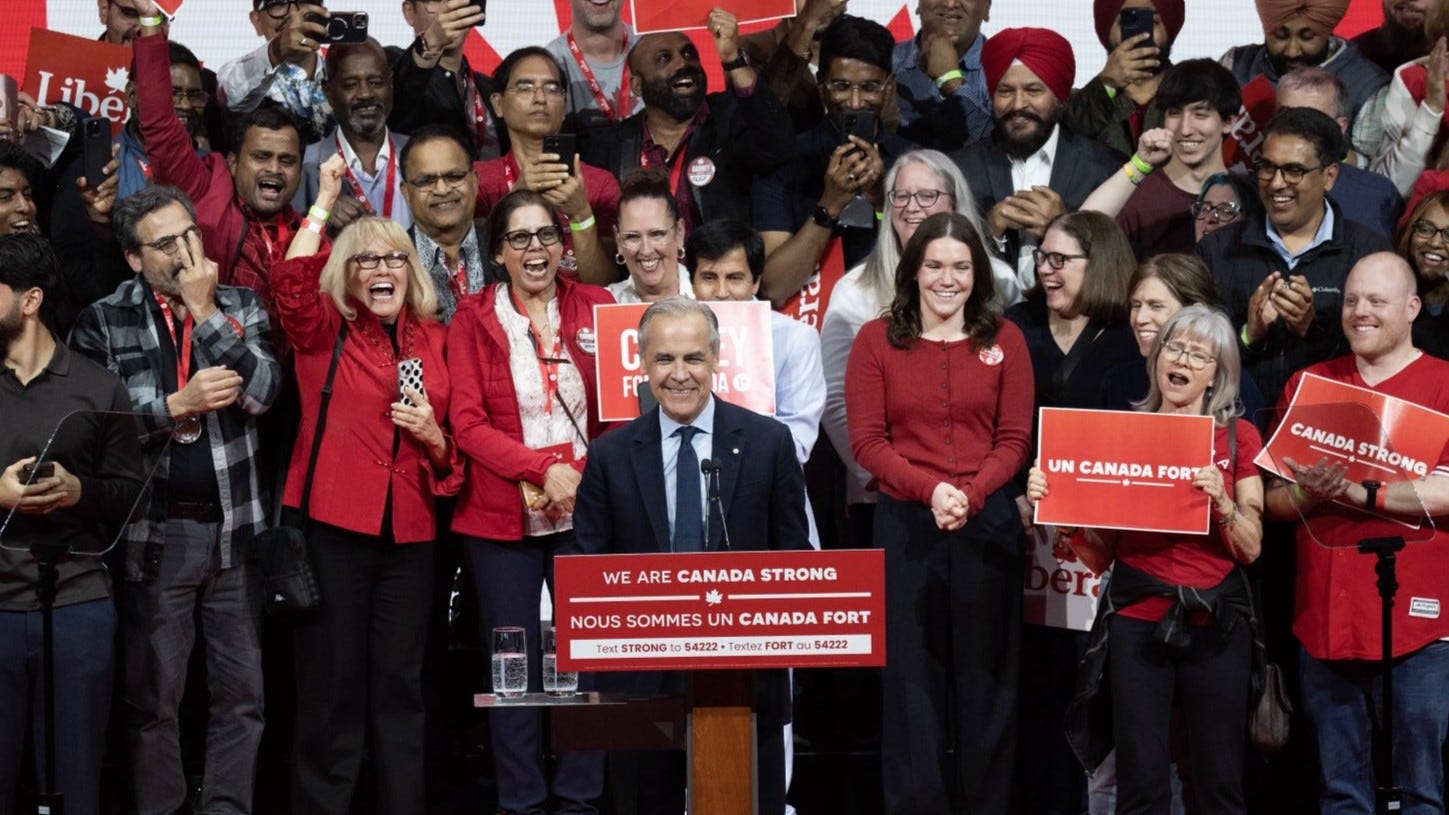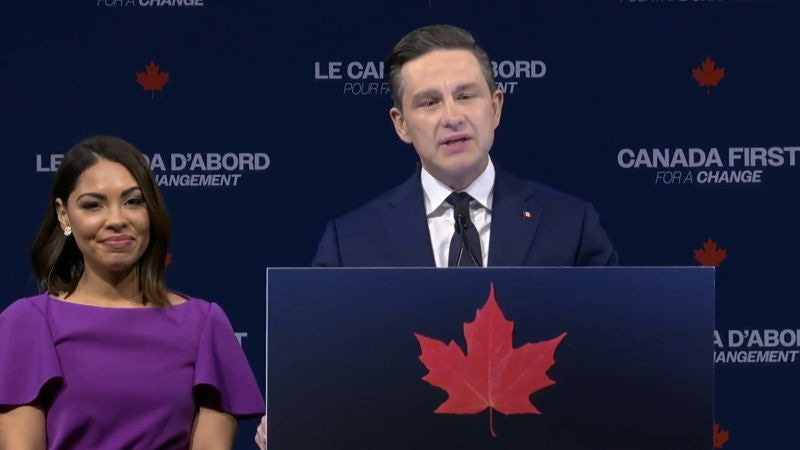Opinion: Negativity rejected yet again
Just as New Brunswick did in last provincial election, Canadians voted down anger, division
At the end of each year, one would often see TV ads for intellectual, arty flicks, noting they were being released initially in limited markets - typically large U.S. cities.
Such limited, early releases are typically done to ensure films would meet criteria for consideration for awards season. As a movie lover and a lifelong resident of the Maritimes, I’d be jealous of people in those bigger markets, getting a chance at an early look at cinematic creativity and commentary.
Well, it turns out that here in New Brunswick, we got a sneak peek of our own at the national political scene, and it took the form of our own provincial election in October.

That election saw the voters reject the dire and divisive messaging of the incumbent Progressive Conservative government of Blaine Higgs and embrace the more positive energy exuded by Susan Holt as the new relatively new leader of the provincial Liberal Party.
Flash forward six months to Monday’s federal election, and it’s easy to see that a similar story played out on a larger stage.
And reflecting the same sentiment that saw Higgs lose his own seat in our provincial election, Conservative Leader Pierre Poilievre lost his own federal riding, which he’d won seven times before.
When New Brunswickers were casting their provincial votes last fall, this isn’t the picture anyone was expecting with the impending federal election at the time. Things looked dire for the federal Liberals with Prime Minister Justin Trudeau at the helm.
The bloom was well off the rose of that dynasty, and it was pretty clear a lot of Canadians were ready to vote against him. Poilievre was poised to follow him to the PMO.
But Poilievre and his federal party made a fatal error. They thought that the polls favouring a Conservative victory pointed to popularity on the lifelong politician’s part.
But it was Trudeau’s unpopularity that was the deciding factor. It seems clear now - and honestly, I thought it was clear then - that the majority weren’t considering voting for Poilievre, but rather against Trudeau.
But that all changed when the prime minister announced his resignation in early January, followed soon thereafter by Donald Trump’s second inauguration a couple of weeks later.
The parallels between the New Brunswick election and Monday night’s federal vote aren’t all encompassing. Last October, a threat south of the border wasn’t something about which we were worried, but some of the issues remained the same - housing, affordability and other economic issues, for example.
Just as New Brunswick’s October vote seemed to be about voting for the more encouraging message that Holt offered, this federal election saw ballots cast for the promise and professionalism that Mark Carney offered.
But it would be naive to think the result also didn’t represent a vote against someone - not Poilievre, but Trump. Canadians, for the most part, have found common ground in their opposition to the chaos and corruption that he represents.
While the final numbers are still being counted, it’s appearing as though Carney will lead a minority government. While that may not be the victory the federal Liberals hoped for, it’s definitely a victory for Canada.
In New Brunswick, the Higgs government was at its most effective and responsible when it was in a minority position. It was required to govern through consensus and co-operation, and it’s one of the big reasons the province weathered the COVID-19 pandemic as well as it did. Once the Progressive Conservatives achieved a majority (through an election campaign run before we had a vaccine), things went downhill quickly.
Trudeau’s minority government similarly made positive moves on behalf of Canadians while in a minority position, such as pharmacare, daycare and dental programs. Deficit spending was an issue, but it faced challenges that couldn’t be foreseen either, such as the afore-mentioned pandemic.
Carney will face challenges as well - some known already, others that will undoubtedly take us off-guard - and he’ll need to tackle them while also endeavouring to guide to a place where more restrained spending will be feasible. Perhaps more than any other federal leader in memory, he’s best equipped to do so.

Meanwhile, the Conservatives face their own challenges, the biggest of which will be to wrestle with who they want to be going forward.
Voters sent a strong message that the party doesn’t represent what Canadians want, who they want to be, and the most symbolic manifestation was Poilievre’s own loss.
The social conservatism that Western conservatives brought to the merged Canadian Alliance/Progressive Conservative party years ago has proven to be a failed experiment. They can’t seem to come together within the party, let alone arrive at a place where they can appeal to the average centrist voter.
It’s time for the more progressive side of the right-wing party to take the reins from the more extreme and divisive voices - or for the two sides to fracture and reshape their political personae.
Don MacPherson can be contacted at ftonindependent@gmail.com.



